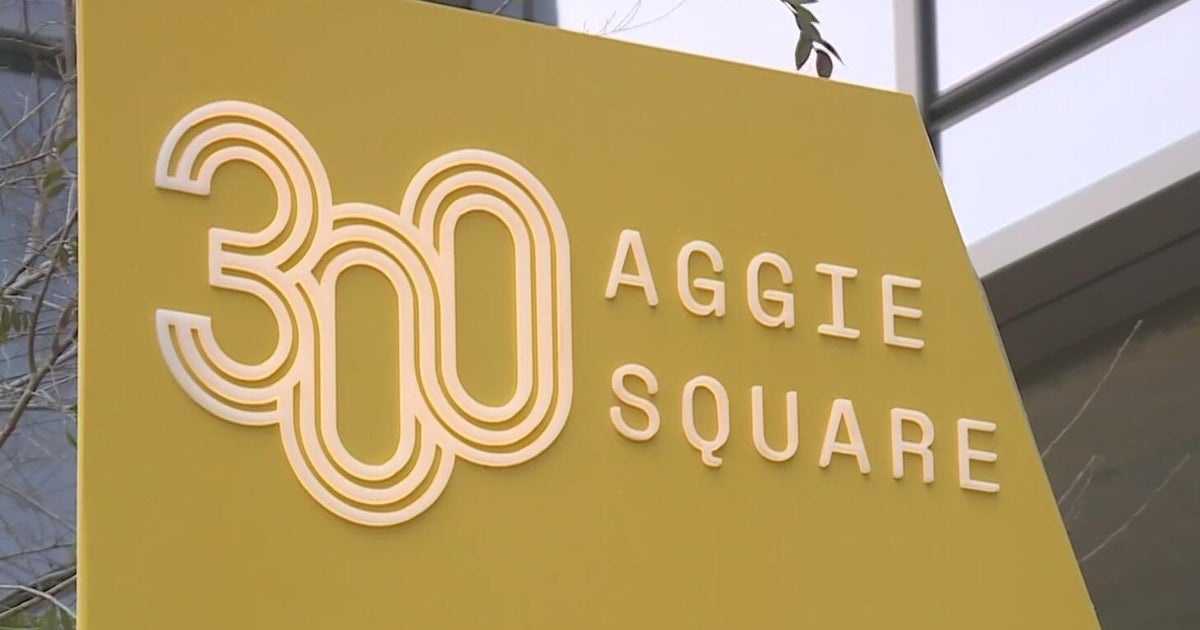Blood Tests Could Predict How Fast A Person Ages
MINNEAPOLIS (WCCO) -- How comfortable would you be with knowing how long you had to live? There's a simple blood test that will soon be available that may be able to tell how fast a person is aging.
Locked deep in a person's DNA may be the answer to a question to that question.
"What these tests are really measuring ... are biological age," said Dr. Mark Friedman, a pathologist at St. Luke's Roosevelt Hospital.
Labs across the country are now selling blood tests to measure how old your body really is. That's something different than your age in years.
The test looks at the length of telomeres. Those are the green tips on the end of the chromosomes, the genes that carry DNA. Scientists believe the shorter your telomeres, the faster you are aging.
"Very short telomeres are what are behind a lot of different age-related diseases," said Calvin Harley, Ph.D. Telome Health.
Shortened telomeres may put you at a higher risk of cancer or heart disease. Even stress can speed up the aging process.
"Chronic stress itself is causing accelerated cellular aging through telomere shortening," said Harley.
"You find the shortened telomeres. There's really no medication or treatment or anything thing that you can do about it at this point," said Friedman.
Some doctors are concerned that knowing life expectancy could be emotionally harmful. There's even concern that predicting life span could lead to insurance companies denying coverage or charging higher fees.
Industry executives say it's not the case.
"We already have a lot of information that's pretty easy to get at and pretty reliable in terms predicting how long a group of people with similar characteristics might live," said Steve Weisbart, vice president and chief economist for the Insurance Information. "Blood pressure, diabetes or blood sugar, family history of heart disease ... the whole question of smoking widely accepted as a major life expectancy differentiator."
Labs that offer telomere testing do not need FDA approval. The tests cost anywhere from $200 to $700. Some of the labs emphasize that the results are merely intended to raise a warning flag.







